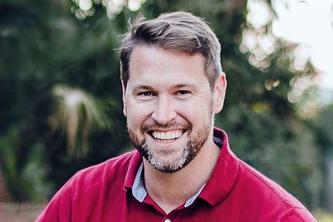
In today’s wars, Americans who die or are wounded in battle are disproportionately coming from poorer parts of the country, according to a new study released this week.
By analyzing over 500,000 American combat casualties from World War II through Iraq and Afghanistan, University of Minnesota Law Professor Francis Shen and Boston University Political Scientist Douglas Kriner found growing socioeconomic inequality in military sacrifice.
The study, “Invisible Inequality: The Two Americas of Military Sacrifice,” appears in the most recent issue of the Memphis Law Review, and was posted this week on the Social Science Research Network.
Kriner and Shen point to “Two Americas” of military sacrifice which constitute invisible inequality because the issue is routinely overlooked by scholars, policymakers, and the public. The study uses a variety of data and statistical tools to show that there are social, legal, and political consequences of this inequality.
Focusing on mental health, for instance, the study suggests that soldiers returning home to weaker social support structures are at greater risk of developing mental disorders.
Moreover, the study explores how inequalities in sacrifice exacerbate political inequality. Those communities with the weakest voice in Washington are called on to bear a disproportionate burden when the country goes to war.
Why is this issue so routinely ignored? Kriner says that both political parties are to blame: “Neither Democrats nor Republicans are willing to confront this deep social divide.”
Shen adds that the solution must be rooted in the voices of citizens: “If elected officials are not going to speak up, then it will be up to those everyday Americans to spark this debate.”
The study also includes an experiment showing that such a public debate might be able to spur Congress into action.
Shen and Kriner are hopeful that this study, published during such a unique election cycle, could finally bring the issue to light. Concluded Shen, “We need a national conversation on this issue, and an election year is the time to do it. The invisible inequality of military sacrifice should be invisible no more.”
- Categories:
- Law and Policy




